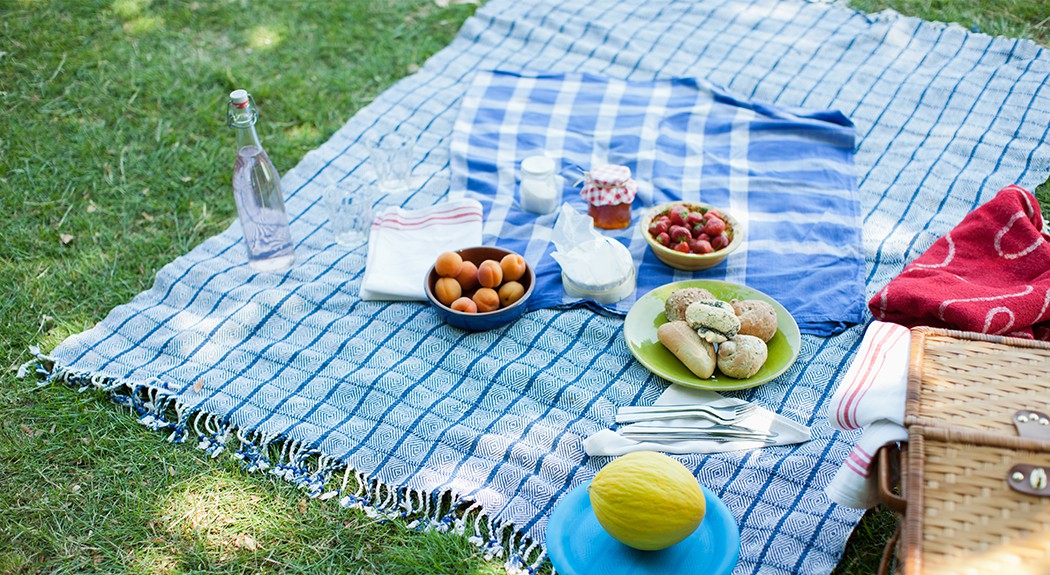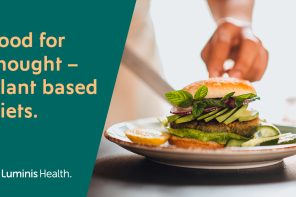If it’s summer, chances are you and your food will be spending a lot of time outside. Picnic and barbecue season offers lots of opportunities for outdoor fun with family and friends.
These warm weather events also present opportunities for foodborne bacteria to thrive. As food heats up in summer temperatures, bacteria multiply fast.
Foodborne illness is a serious public health threat. The Centers for Disease Control and Prevention estimates approximately one in six Americans suffer from foodborne illness each year, resulting in roughly 128,000 hospitalizations and 3,000 deaths.
We want all of your outdoor eating this summer to be fun and safe. To protect yourself, your family and friends from food safety pitfalls that can ruin the fun, take some precautions.
Preparation
Wash all fruits and vegetables well before cutting. Some produce, such as melons, harbor bacteria on the rinds therefore they need to be washed well and promptly refrigerated.
Keep Cold Food Cold
Transport picnic foods in the passenger seat as your trunk can reach temperatures of 150 degrees. Cold food should be stored at 40 degrees or below to prevent bacteria growth. One tip is to pack meat, poultry and seafood frozen so they stay cold longer.
Once you serve the food it should not sit out for longer than two hours, or one hour if the outdoor temperature is above 90 degrees. If it stays out longer, then discard. Foods like meat salad, and side dishes can be served in shallow dishes and set in a deep pan filled with ice.
Or consider bringing nonperishable picnic alternatives. Try choosing vinegar-based salads and dips without dairy that don’t spoil as easily. Stick to simple desserts like cookies and brownies that do not need to be kept cold.
Keep Hot Food Hot
Hot food should be kept hot, at or above 140 degrees. It should be wrapped in an insulated container until serving. Similar to cold foods these foods should not be kept out longer than one to two hours depending on the outside temperature. A food thermometer is a must to confirm temperatures of foods. Also, consider staggering the times you put out different platters.
Avoid Cross Contamination
If you are grilling always be sure to keep all of your raw meats separate from your cooked foods. Do not reuse plates, utensils or marinades.
Plus, pack plenty of moist towelettes or hand sanitizers, in case you are not near hand-washing facilities and clean hands frequently to avoid touching raw meat and then serving the salad. Also, bring bottled water.
To learn more about nutrition services at Anne Arundel Medical Center, visit AskAAMC.org/nutrition.

Ann Caldwell and Maureen Shackelford are nutritionists and registered dietitians at Anne Arundel Medical Center. To reach them call 443-481-5555.




